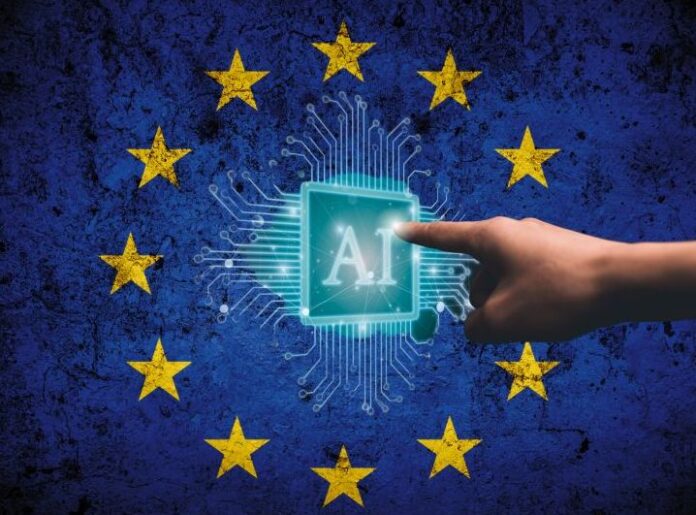The European Commission said a code of practice to help companies follow new EU artificial intelligence rules may not take effect until the end of 2025.
The delay comes as tech firms and several EU governments ask for more time to adjust to the upcoming regulations.
The AI rules, part of the EU’s Artificial Intelligence Act, will become legally binding on August 2. However, enforcement will begin one year later for new models launched after next month. Existing models will have until August 2, 2027 to comply.
The code of practice is meant to guide companies using general-purpose AI models, such as OpenAI’s ChatGPT, Google’s models, and those from European firms like Mistral. The European Commission had planned to publish the code in early May but now aims to present it in the coming days.
Companies will be asked to sign up next month, with formal guidance expected by year-end.
The Commission said joining the code is voluntary. However, those who do not join will not receive the legal certainty granted to signatories.
The European AI Board is currently reviewing the timeline for applying the code, and the end of 2025 is being considered as a possible target date.
Google, Meta, Mistral, ASML, and other companies, along with some EU countries, have called for a delay in implementing the rules, citing the need for clearer guidance.
The Commission has rejected calls for a delay. A spokesperson said the EU remains committed to the AI Act’s goals, including unified risk-based rules and the safety of AI systems across the market.
AI advocacy group The Future Society said the code will help users and businesses understand the expected quality of AI services. Its executive director said the code would also prevent misleading claims about unreliable AI products and ensure expert reviews of AI models.
Campaign group Corporate Europe Observatory criticized the tech industry’s efforts to push for delays, warning that such moves could weaken protections against harmful or biased AI systems.




